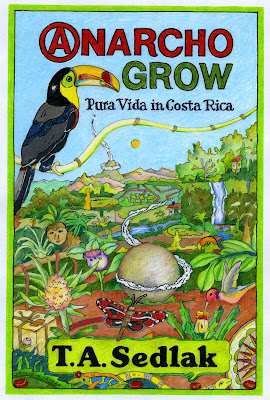This entry is, for me personally, truly befitting the title of my blog - The Same but Different.
Budae jjigae (army base stew) is a famous Korean dish. But unlike Kimchi which is gaining immense popularity worldwide for its taste and health benefits, budae jjigae is famous for its strange origin and, quite honestly, sad story.

This dish came about soon after the Korean War when meat was a scarcity. The Korean people were largely dependent on surplus foods supplied by the US Army which primarily consisted of hot dogs and tinned spam (do you get untinned 'fresh' spam?). These meats were combined with red bean paste to create an almost traditional Korean soup. Due to the scarcity of all foods during these dire times any other ingredients available were added to 'beef up' the soup, including ramen noodles, beans, ground beef, peppers, onions, tofu, kimchi, garlic, and I'm sure, any other vegetables available. The sadder, almost perverse, version of this story that I have heard is that the impoverished Korean people were often forced to scavenge the bins of the US army bases for food, much of which went into this 'lucky packet' dish.
This is the sad story of Budae jjigae. But today, this remains a popular dish and many foreigners - encountering the dish for the first time and learning its humble beginnings - beg the question, 'If the Korean people are not impoverished anymore why do they continue to eat this dish?' It's a fair question and, after enjoying this very dish the other day in the school cafeteria, I answered the question, though my answer is arguably more personal than general in application.
I did not come from the wealthiest of households and often the fridge was on the bare side. What amazed me on many of these occasions was how my mother was able to pull out the two remains vegetables, an egg or two, a bit of rice from the cupboard and a few herbs and spices, and put together a nutritious and delicious meal that left me with a full belly and a content smile! And while I sat contemplating this the other day after lunch of budae jjigae (with a full belly and a content smile) I realised that I was missing my mom's cooking, and not her amazing curries but
her budae jjigae!
My answer to the question, that in my experience has left many foreigners inconclusive, why do the Korean people continue to eat this meal? Today budae jiggae has little to do with its sad story and more to do with the fact that it's a tasty meal enjoyed by all.
Personally, the story and love for this meal in Korea is both the same and different as my love for my mom's cooking - a humble beginning but timeless taste!

